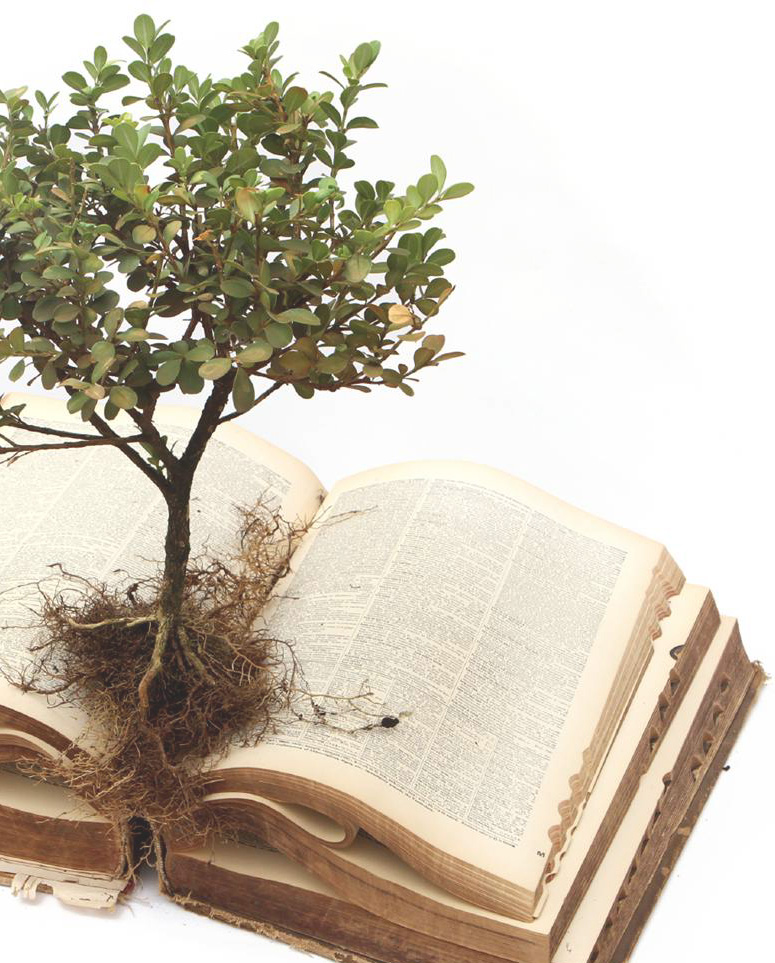

Aaron J. Powner, M.Ed.
High School Science Teacher
![]() You Are Here | home › courses › philosophy of science › stem and society
You Are Here | home › courses › philosophy of science › stem and society
History of Science
source - https://en.wikipedia.org/wiki/History_of_science
Early Cultures
Prehistoric knowledge was passed from generation to generation as oral tradition. The development of writing systems enabled knowledge to be stored and communicated across generations. Writing combined with the development of agriculture (which allowed a surplus of food) allowed civilizations to develop, because more time and effort could be devoted to tasks other than hunting and gathering. Astronomical observations allowed for navigation and mapping of distant lands. Progress in materials and simple manufacturing technology helped to build cities and wage war between expanding cultures.
Ancient Near East
Sumerian and Akkadian cultures (between 3,500 and 2,300 BCE) began recording numerical data describing the motions of stars, planets, and the moon. They developed systems of tracking time we still use (solar year, lunar months, changing lengths of days). They also used mathematics to organize and track resources within cities such as food, clothing, tools, etc. Early geometric ideas (triangles) were developed.
Africa
Ancient Egypt (circa 3,100 BCE) made significant advances in astronomy, mathematics, and medicine. Geometry was a necessary invention for surveying ownership of land. Egypt also became the center of alchemy research for the Mediterrranean, which gave rise to the medical process: examination, diagnosis, treatment, and prognosis.
Greco-Roman World
Math (especially geometry) and logic were developed into high sciences and art forms in Greece and later in Rome (between 800 BCE and 400 CE). Early empirical methods of science were developed by several schools of thought (natural philosophy). Ideas such as geocentric cosmos, spherical Earth, atomic theory, Hippocratic methods of medicine and surgury, and classification of species come from this time period.
India
Mathematics also developed here more than 3,000 years BCE. Geometry and algebra techniques similar to Greek invention also arose in India. Ideas about gravitational force of attraction, the number 0 (zero), Arabic numerals (still used today), studies of lunar and solar eclipses, predictable motions of planets were all developed. Early dentistry and Ayurvedic medicine arose in Idia.
China
The decimal system and fractions were developed by 100 BCE. An entirely different set of constellations were mapped out using an equatorial system of latitude and longitude by 50 BCE.
Middle Ages
Islamic World - Muslim scientists placed greater emphasis on experimentation and documentation than did the Greeks. Refined scientific methods were common by 1000 CE, in which experiments were used to distinguish between competing scientific theories. Muslim scientists played an important role in the development of alchemy to modern chemistry. The Heliocentric model of the cosmos was proposed. Clinical trials were first used for experimental medicine. Islamic science began to decline in the 12th century, before the Renaissance in Europe, in part to the Mongol conquests during which libraries, observatories, hospitals, and universities were destroyed.
Europe - The Renaissance began with the birth of medieval universities in the 12th century. Early european scholars were heavily influenced by Greek and Arabic ideas. Exploration of the Far East brought back ideas from India and China. Many conflicts arose between scientific learning and religion. The Black Death (1348) ended the early advances in science.
Age of Enlightenment
The 17th centry "Age of Reason" in Europe opened the path to modern science. During this time, great thinkers questioned old traditions and rigid doctrines of both science and religion. By the late1700's scholars such as Newton, Glileo, Hooke, Kepler, Pascal, Bacon, Descartes, and Hobbes had reformed science and its methods into what we still use today.
Modern Science
During the 1800's the practice of science became professionalized and institutionalized. The role of scientific knowledge grew in common society and the industrial revolution allowed civilizations to rapidly expand. Discoveries such as evolution (universal, galactic, stellar, planetary, and biological), elemental periodicity, molecular theory, relativity, quantum mechanics, genetics, and the development of modern medicine and technology have changed what it means to be human.
Society
Morals vs. Ethics
"Just because you can do something doesn't mean you should."